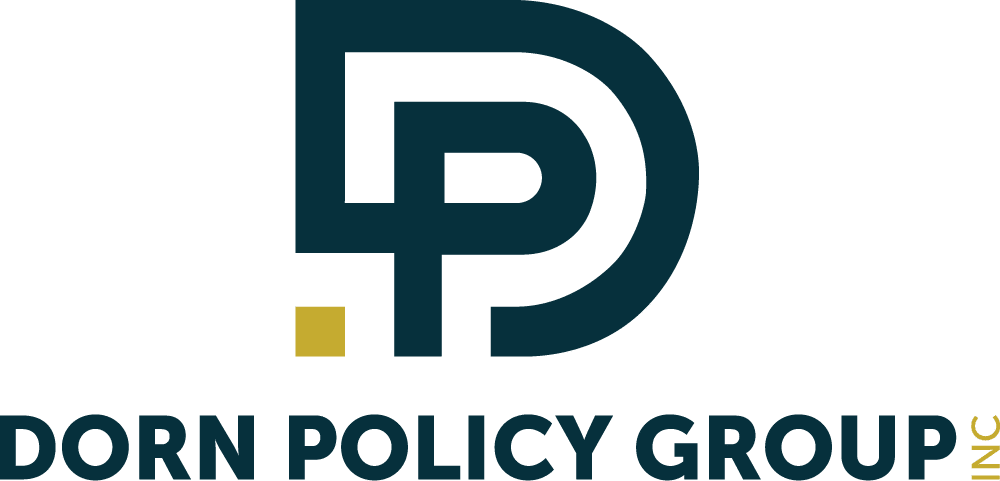Lobbying is the art of influencing key policy makers in regard to specific issue areas that might affect one or more clients the firm represents. Lobbyists give a voice to businesses by presenting strong and credible information to the people that matter.
So when it comes to lobbying, what tends to hold more clout, facts or opinions?
Differences Between Facts and Opinions
To better understand which of the two holds more weight when presenting an argument in front of policy makers, it is important to understand the differences between the two.
Facts
- Can be verified
- Are based on research
- Universally accepted
- Not debatable
- Has the power to influence
Opinions
- Beliefs or judgements
- Based on personal views or experiences
- Cannot be verified
- Vary depending on the individual
- Debatable
- Have the power to influence
Making the Best Argument as a Lobbyist
Any good lobbyist will know that the most successful lobbyists know how to make a compelling argument that will benefit their clients’ best interests. A key strategy is to thoroughly explain how the issue will affect their constituents. It is important to get specific when presenting information, as this can be the difference between earning their support or opposition.
Additionally, you will want to anticipate any opposition or counterarguments, and be prepared to respond in a truthful and precise manner. The best policy is to always be honest and be able to back up your arguments with factual evidence.
Why Opinions Should Be Used Carefully
Opinions should be used carefully when presenting an argument, as unsupported opinions cannot only weaken your argument but also your credibility as a lobbyist.
If your opinion cannot be backed up by reliable sources, then it is best to be left out of the conversation no matter how strongly you might believe it. Instead, try to find a connection between your opinion and factual data. Finding specific evidence that supports your opinion will go a long way in establishing your credibility.
Let Dorn Policy Group Assist Your Business
As one of Arizona’s premier lobbying firms, we know how important it is to be noticed by key policy makers. By partnering with Dorn Policy Group, you can rest assured knowing that you have skilled advocates looking out for your best interests. Contact us today to learn more about our services and how we can help you!



